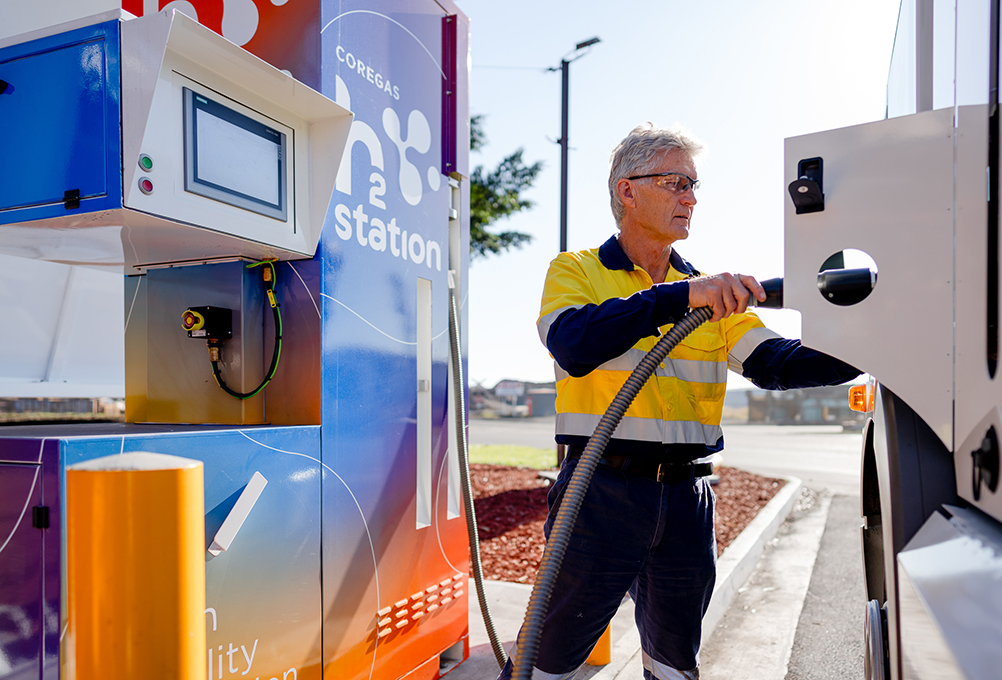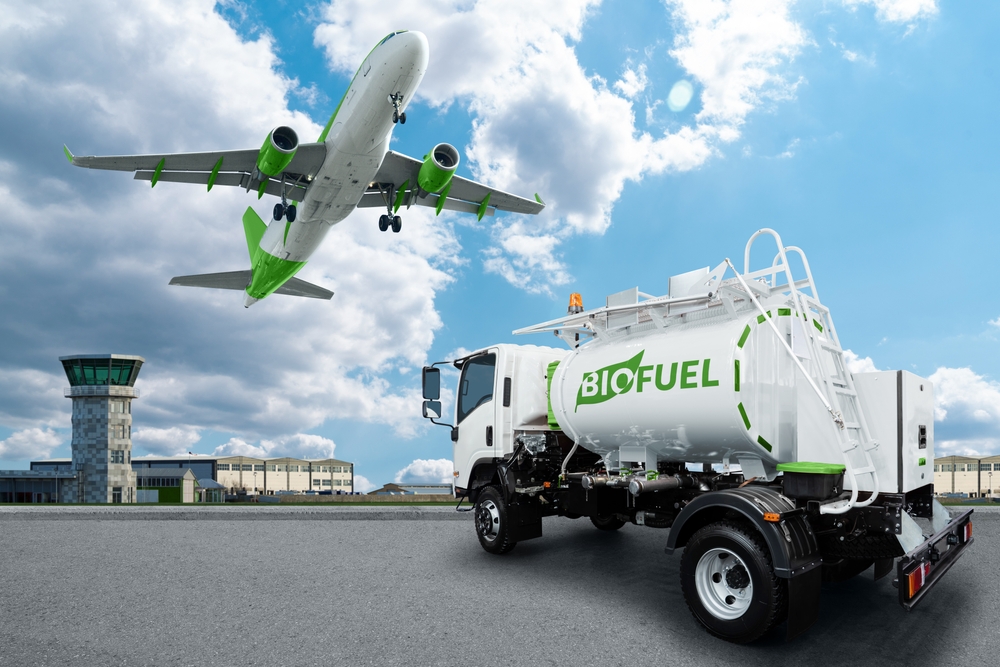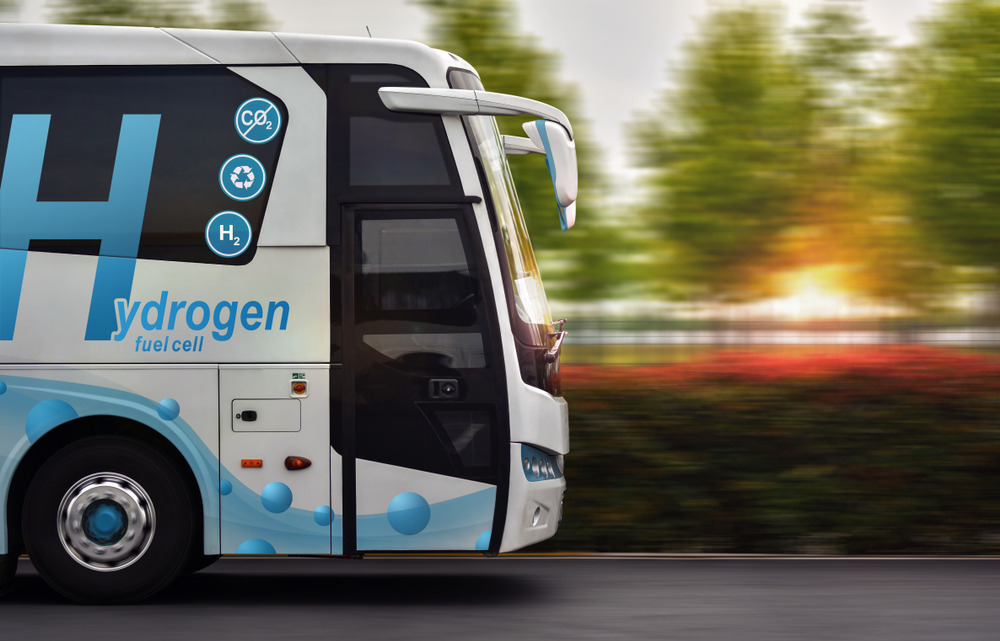
Eni and Aeroporti di Roma (ADR), which manages the Rome Fiumicino and Ciampino airports, have signed a strategic agreement to promote decarbonisation initiatives in the aviation sector and accelerate the ecological transition of airports.
Eni has been producing Hydrotreated Vegetable Oil (HVO) biofuel in its Venice and Gela bio-refineries since 2014 via its proprietary Ecofoning™ technology.
The company can also produce sustainable aviation fuels (SAF) from waste and plant-based raw materials using the same technology.
Eni’s new “net-zero carbon by 2050” strategy will enable it to provide a range of fully decarbonised products, combining environmental and financial sustainability.
Key drivers in its path towards decarbonisation include: the recent merger of the renewable and retail businesses, the development of biorefineries and biomethane production, and the sale of low-carbon energy carriers and mobility services at service stations.
Since 2011, the year of the first Airport Carbon Accreditation (ACA) certification, ADR has constantly improved its carbon emissions and has achieved level 3+ of ACA “Neutrality” accreditation by ACI Europe for Fiumicino airport since 2013 and for Ciampino airport since 2018.
To actively combat climate change, ADR intended to undertake the commitments and challenges that led Rome’s Ciampino and Fiumicino airports to obtain the Airport Carbon Accreditation 4+ “Transition”. This is the maximum level of certification introduced by the ACI at the end of 2020. The Rome airports were the first in Europe and third in the world to achieve this result.
The new agreement includes the development of decarbonisation and digitalisation projects to boost the transition of ADR-managed airports to smart hubs. A notable feature of the agreement will see the introduction of sustainable fuels for aviation (SAF) and for ground handling (HVO) over the coming months. This will lead to lower CO2 emissions compared to fossil fuels.
A joint programme for the development of sustainable mobility and distribution services to end customers will also be established, as well as energy integration projects in line with the most advanced transition and digitalisation models.
Eni’s Energy Evolution Chief Operating Officer, Giuseppe Ricci, said “Eni began its business transformation in 2014, taking an active and leading role in promoting the circular economy, the development of innovative technologies and sustainable mobility, all based on a synergistic blend of solutions that minimise environmental impact and boost efficiencies.”
“We are ready to make our technology and low-carbon products available to the sector to help it make a recovery based on sustainability and innovation.”
Chief Executive Officer of Aeroporti di Roma, Marco Troncone, added that when leading Italian companies work together they can create and implement ambitious projects of the scale needed to ensure a genuine environmental transition and secure the revival of a strategically important sector for Italy such as aviation.
“We are deeply committed to ensuring carriers have access to biofuels in the coming months, ahead of expectations. This is further confirmation of our desire to make Fiumicino and Ciampino two of the most sustainable airports in the world. Our strong focus on sustainability, which has been recognised at a global level, has always been a driver of our development and is now very firmly integrated into our business,” Troncone said.











